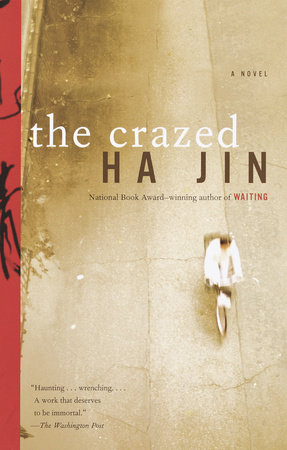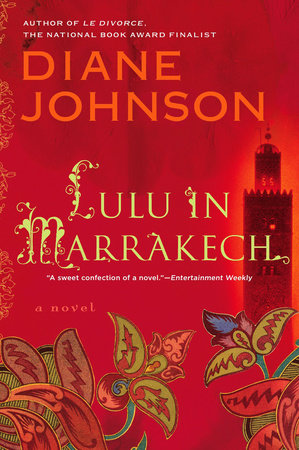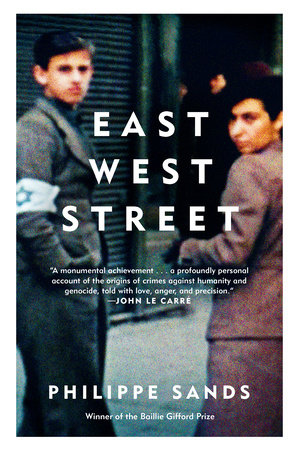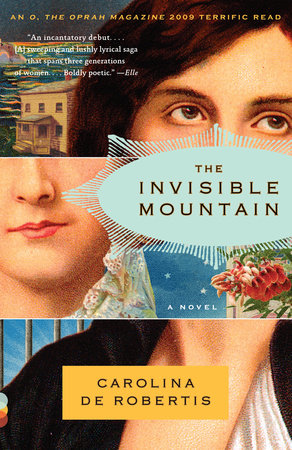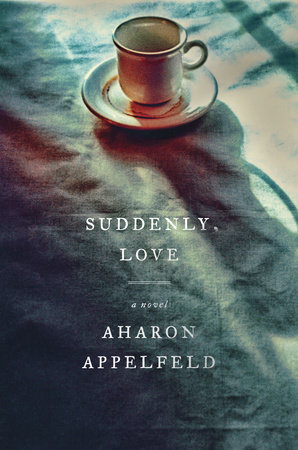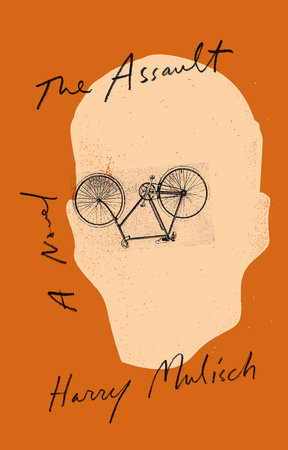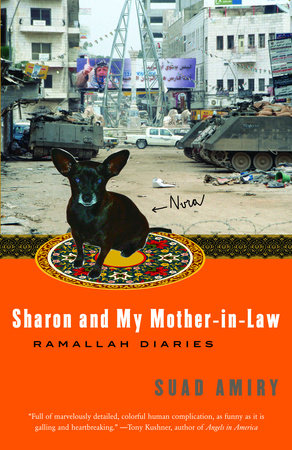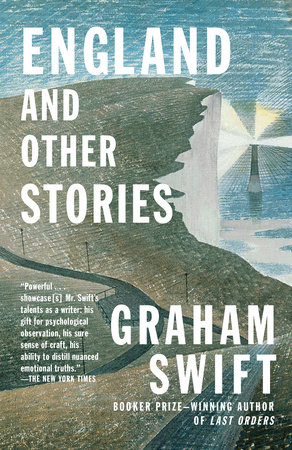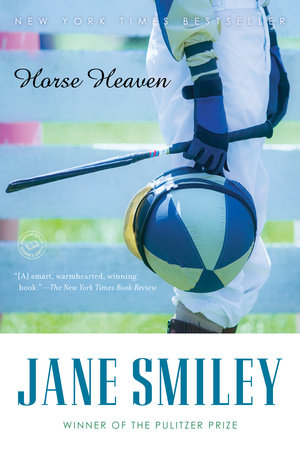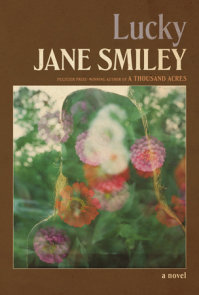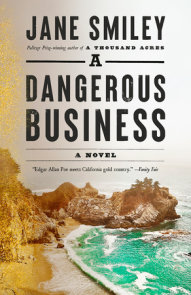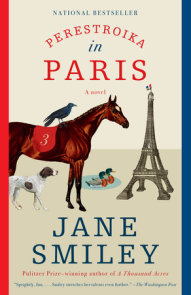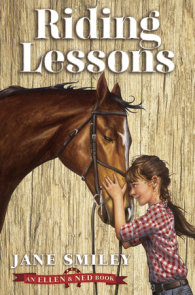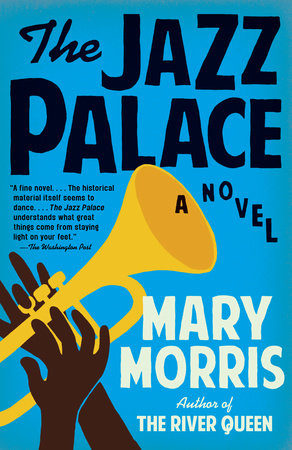Author Q&A
A Conversation with Jane Smiley
Ron Fletcher teaches English at Boston College High School in
Massachusetts. His reviews and interviews have appeared in The Christian
Science Monitor, The Boston Phoenix, and The Boston Book Review. He is
working on his first novel. Years ago Ron was thrown from a nag.
RF: Your recent novels seem to fill an ever-broadening canvas, evoking
the heyday of the novel with their ambition and scope, myriad
characters, and colorful incidents. Have you deliberately widened the
focus of your fiction?
JS: Well, it’s not too deliberate. This sort of work was prefigured in
The Greenlanders, a novel I wrote in the early eighties; it is longer
than Horse Heaven and presents more characters.
Often the subject determines the shape of the novel. In taking up a
generalized sport such as horse racing, I recognized that I’d have to be
prepared to move around the world and into and out of the lives of many
different types of people. I needed a very broad canvas in order to get
even the tiniest flavor of that world down. So, the novel’s breadth was
a requirement of the material.
RF: How did you handle the challenge of organizing and structuring so
much material? Did you glimpse a whole from the outset, or did you write
your way into the shape of things?
JS: The whole that I glimpsed from the beginning was much larger than
the finished novel. I began earlier in the horses’ lives and covered
much more time. I knew, however, from the start that there were going to
be six horses, and I knew I would follow these six horses as their paths
wound around the lives of various human characters. From my point of
view, the organizational problem wasn’t tremendously difficult. I just
had to keep my eye on the horses and know their whereabouts and company.
For the reader who is new to this world, though, the organizational
system might seem a little strange. I often say to people, Remember who
the horses are and everything will fall into place.
RF: You introduce Horse Heaven as a "comic epic poem in prose."
JS: That’s a quote from Henry Fielding–from Joseph Andrews, I believe.
First of all, horse racing started during Fielding’s time. Thus, the novel
as a genre shares its beginning with that of horse racing. That seemed to
me like a fun coincidence to present. And the idea of a "comic epic poem in prose"
captured my intention: I wanted Horse Heaven to have different kinds of
stories in it, without being a straight comedy or tragedy. I had
envisioned all of these interwoven stories that went in many different
directions. The Fielding allusion seemed like a good way to kill two
birds with one stone; to suggest the original way that authors looked at
the novels they were writing, and to indicate the possibility of many
tones and tales in one work.
RF: Although you present a world with which many are unfamiliar, you
seem to respect your reader’s ability to make sense of the novel–double
entendre intended.
JS: That’s true. There’s always the issue of how much to tell. Trying to
define every technical term or unfamiliar phrase in the course of the
narrative would result in a very humdrum, pedantic work. I figured that
for good readers the weight of detail will eventually make its mark and
they’ll figure out what they need to know.
A number of readers have told me that they’ve read the book two or three
times. I appreciate that, particularly since Horse Heaven is not a
mystery–there’s no big secret or single, explanatory dramatic moment. It
tells many different stories. It’s a book that allows one to not keep
things exactly straight the first time they read it and, I hope, invites
a second or third reading.
RF: There’s something liberating–and honest–in lifting from the reader
the burden of getting everything.
JS: There are a lot of novels we read and have no idea what the author
is talking about, yet, we find them compelling. Most of us read, say,
Great Expectations when we’re in the eighth grade. How much of it makes
any sense to us? But we keep reading it, and pretty soon we like it.
There’s no reason for a modern author not to go down that road. A
certain number of readers will follow a writer anywhere, because of the
concept of the willing suspension of disbelief. If you make the story
interesting enough, someone will suspend disbelief no matter how strange
or unrecognizable the described places and lives are.
I had this problem in spades when I wrote The Greenlanders. I was using
a strange language to talk about a very strange world. The novel was
really, really long and all the people essentially had the same last
name. Nonetheless, The Greenlanders has never been out-of-print.
There’s always somebody in the audience who says it’s his or her
favorite novel. If the story’s there, a reader will follow. Any novel
that is set in an arcane world is going to present problems to its
author. You can piddle around, trying to solve them in some pedantic
way, or you can just have faith in the reader and go for it.
RF: In many ways Horse Heaven presents a meditation on language: the
reach and limits of words; the eloquence of gesture, silence, and other
wordless expressions. How did writing the novel change or challenge your
regard for the written word?
JS: I don’t think the written word is limited. The power of figurative
language remains unexplored. I don’t belong to the school of writers who
say, If only I had another tool. The tool that we have is plenty
powerful. I’ve had a lot of experiences in the last three or four years
that indicate to me that there are all different kinds of communication
between creatures. All of them, nonetheless, can be captured in some
kind of language if the writer is pre-cise enough. So far, I don’t
believe that any experience lies beyond lan-guage. Those who say
something is indescribable have chosen not to describe it.
RF: What is the reader’s role in all of this?
JS: It’s primary. If the reader feels that the thing described or
characterized is satisfyingly expressed, then the author’s opinion about
whether she really did convey what was in her mind is of no consequence.
When I’m reading To the Lighthouse, which really tries hard to describe
stuff that had never been described before, I come away from it with a
feeling of revelation. And if I come away from it with that feeling,
then Virginia Woolf’s views on whether or not she succeeded are
immaterial.
RF: Like The All-True Travels and Adventures of Lidie Newton, Horse
Heaven holds a mirror up to American culture to grapple with the issue
of an American identity. The reflection, as in your previous novel, is
revealing but not always flattering.
JS: I have a naturally skeptical view of American culture; sometimes I’m
skeptical but happy enough, and other times I’m skeptical and enraged.
A number of my ancestors have been in America since the early
seventeenth century and others since the early eighteenth century. My
family history is very much entwined in the ups and downs of American
culture. The side of my family that resided in the northern states was
made up of strict abolitionists; they certainly engaged in a critique of
culture in their day. And though my family is not overtly political,
we’ve always discussed what it means to be a mainstream American. We’re
not the elite, George Bush type; we’re the Bill Clinton type. (Half my
family would die in their tracks if they heard me say that.) My
experience has taught me that people who feel at home in a certain
culture are always quarreling with it. We’ve always had plenty to say
about how it ought to be but isn’t, and that tradi-tion does surface in
my novels.
RF: The racetrack in Horse Heaven functions as a microcosm of democracy
and capitalism, and we have there the inevitable conflict between the
haves and the have-nots, the privileged and the aspiring.
JS: The track is probably the most concentrated and diverse capitalist
space in any city. There, people from all sorts of ethnic,
socioeconomic, educational, and cultural backgrounds are thrown
together. And despite all that diversity, everybody thinks about the
same two things: money and horses. There’s a constant shifting of
balance between an interest in money and an interest in horses. Like
every continuum, there’s the pure horse person at one end–one who
doesn’t care if he’s eating beans cooked on a hot-plate as long as he’s
next to his horse. And there’s the pure money person who has never
looked at an actual horse race, who has only looked at the racing form
and the simulcast, despite the fact that the horses are right outside
the door.
RF: What did this breakdown offer you as a novelist?
JS: Two things: pure cynicism and pure mystery. You have pure
calculation on one hand, with the constant figuring of odds, and pure
mystery on the other, with the indeterminate role of chance. Both come
together– boom–in a big collision, a collision that is pretty much
unmediated by anything else, an individualized collision.
At the track, there’s no sense of being on a team, there’s no sense of
having your allegiance to a group. You’re a pure individual surrounded
by pure individuals responding to a horse who is a pure individual.
That’s another sense in which the track is the ultimate capitalist
space. It’s where individualism is the only form of human expression;
there’s no collective form of human expression at the racetrack.
RF: There also seems to be an undercurrent of existentialism or, some
might say, spiritual groping: that which exists in the wake of a futile
attempt to quantify or explain mystery. We also have the enduring
struggle between fate and fortuity.
JS: At the racetrack you’re always in the presence of the ineffable,
which some people prefer to call luck. The expression used in racing for
a horse that nobody thought could win but comes from far behind to do
so is "He came from the clouds." And what else comes from the clouds?
Revelation. Grace. There’s always this sense of the ineffable at the
racetrack, a feeling that can reveal itself as mystery or as something
more sinister and dangerous.
As soon as individuals are gathered in one place and act as individuals
rather than a group, the layers of unknowability begin to proliferate.
All the factors that you might want to take into consideration cannot be
taken into consideration. Finally, you take a leap of faith and land in
the presence of the ineffable. People respond differently to this
experience; some try to systematize it, others try to ritualize it, and
a few just enjoy it, seeing it as a form of mystery that cannot be
plumbed, only received.
RF: It sounds like you belong to the last group.
JS: Spending time with horses teaches you to experience the moment
fully. Every moment you have with a horse is intense yet fleeting.
Horses are inherently changeable. As a prey animal, a horse’s
instincts–in the name of self-preservation–always say "flight." He’s
acutely aware of his environment, easily scared, and easily distracted.
If you want a horse to do a particular thing, you have to habituate the
horse moment by moment. This patient, deliberate approach is required
for getting the horse to do something as simple as walking a straight line,
which doesn’t come naturally to him. So every moment with every horse is
full but fleeting. People who love horses have some kind of relationship to
the fleeting quality of life. Either they love horses in spite of it or they love
horses and appreciate that.
RF: With Horse Heaven you had an opportunity to marry your two chief
passions, writing and horses. What happens now?
JS: Well, I have a horse at the racetrack, a yearling who is ready to go
to the training farm, and three weanlings that look like really good
prospects. So life among the horses continues. They, like writing, are a
central part of my life, and I think about them often. I don’t foresee
doing a sequel to Horse Heaven. The horses have all been taken care
of–in one way or another. What I’d love to do is a televi-sion series
about life at the racetrack. I think it would be wonderful.
I’m so deeply involved with horses every day. I did several horse
related things today. There are plenty of times, though, when I think,
Gee, this is costing me so much money–what’s the payoff? Then I go out
and the horse does some mildly idiosyncratic thing that I absolutely
love. There’s the payoff. If I’d ask myself how much that fleeting
moment cost me, I’d probably keel over. If we questioned the cost of
having children or being in love or building a house–doing anything that
makes us happy–then we’d never do anything.
RF: It seems as though the line between horse and human in your novel is
even more blurred in your day-to-day experience.
JS: I prefer to think of it like this: Everybody is essentially a
spiritual being who is temporarily settled in a horse or a human or a
dog–whatever. Our essential communication with another being is a
spiritual communication, which is filtered through one body to another
despite differences in shape or form.
With a horse, for example, there’s a connection that takes place on a
very arcane, spiritual level–not in the realm of motions or actions or
intentions. We meet in the realm of attention. The job of the
horse-trainer or lover or parent or novelist is to remove the various
obstacles to spiritual connection in order to meet the other being in
the realm of true attention.



